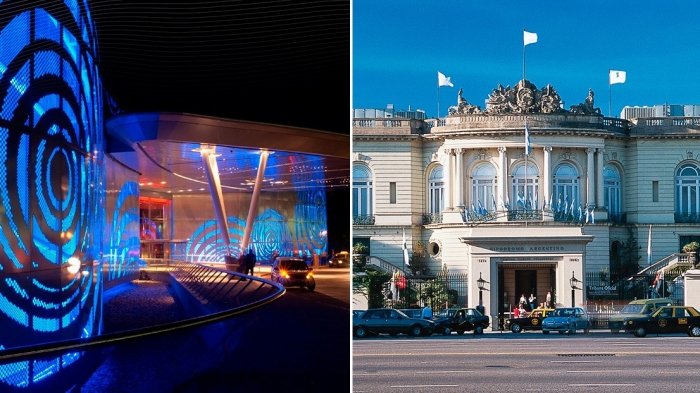A
fter seven months of strict quarantine and the stabilization of the COVID-19 curve in Buenos Aires City, a reopening plan has been set in motion for some time which is progressively moving forward as some students are going back to school and shopping malls reopen their doors.
Mayor Horacio Rodríguez Larreta’s comprehensive and progressive reopening plan includes hundreds of business activities but the gaming floors at the Hipódromo de Palermo racetrack and the riverboat casino in Puerto Madero remain closed with no plans for reopening coming soon.
The reopening of gaming establishments has not been included in any of the plan’s six phases. Both venues employ almost 5,000 workers but it is estimated that at least 3,000 other families have been indirectly affected by the closure of these properties.
“The company has pledged not to fire any employees and workers are currently receiving 75% of their salaries. However, the future of our activity remains unknown, we do not envision a short- or even medium-term solution to our issue. We have engaged in talks with the city authorities, but we are still going through a complicated time,” a spokesperson for Hipódromo de Palermo told local newspaper Clarín.
Hipódromo de Palermo has over 2,000 employees and only a very small number of them are able to work from home. The company has developed protocols to be able to operate safely with new measures such as the opening of windows that used to remain closed, something unique since the majority of the gaming floor —featuring between 4,300 and 4,500 slots— is located underground.
Horse racing at Hipódromo de Palermo was back on August 28, without public. Capacity is limited to a small group of workers including trainers and jockeys.
The riverboat casino in Puerto Madero, Casino Buenos Aires, has similar problems but with double the number of employees and many unions involved, not only those related to the casino industry.
If we could envision a future in this economic disaster we are experiencing, we would be able to undergo this situation with less anxiety. No date has been set for reopening and that not only worries us but also infuriates us because we have not received any answers,” Ariel Fassione told Clarín. He is a member of Aleara, a union of gambling workers.
According to Fassione, in the Province of Buenos Aires —a jurisdiction separated from the City of Buenos Aires—, there are 45 bingo halls with more than 20,000 workers. “Some companies are paying less than 75% of total wagers, so the relevant complaints have been filed with the courts. We are really worried about the potential massive layoffs that may arise if this situation continues, that is why we are desperately trying to be heard by the authorities,” he explained.
At the national level, there are five provinces in which gambling operations have resumed: Misiones, San Juan, Tucumán, Chubut, and Santa Cruz. “They are operating under very strict protocols and no massive spread among customers, workers, or suppliers have been reported whatsoever. That is a relief. We need to begin to implement protocols and learn to ‘coexist’ with the virus,” the union leader explained.
Buenos Aires City officials have said that they are working on the development of a protocol, but no reopening dates have been released.
Diego Quiroga, head of the nation’s association of horseracing workers, also explained that many employees at Hipódromo de Palermo rely not only on their monthly salaries but also on tips, and extra hour payments, which they are currently not perceiving. That is why their actual payments have dropped an average of 50%.”



